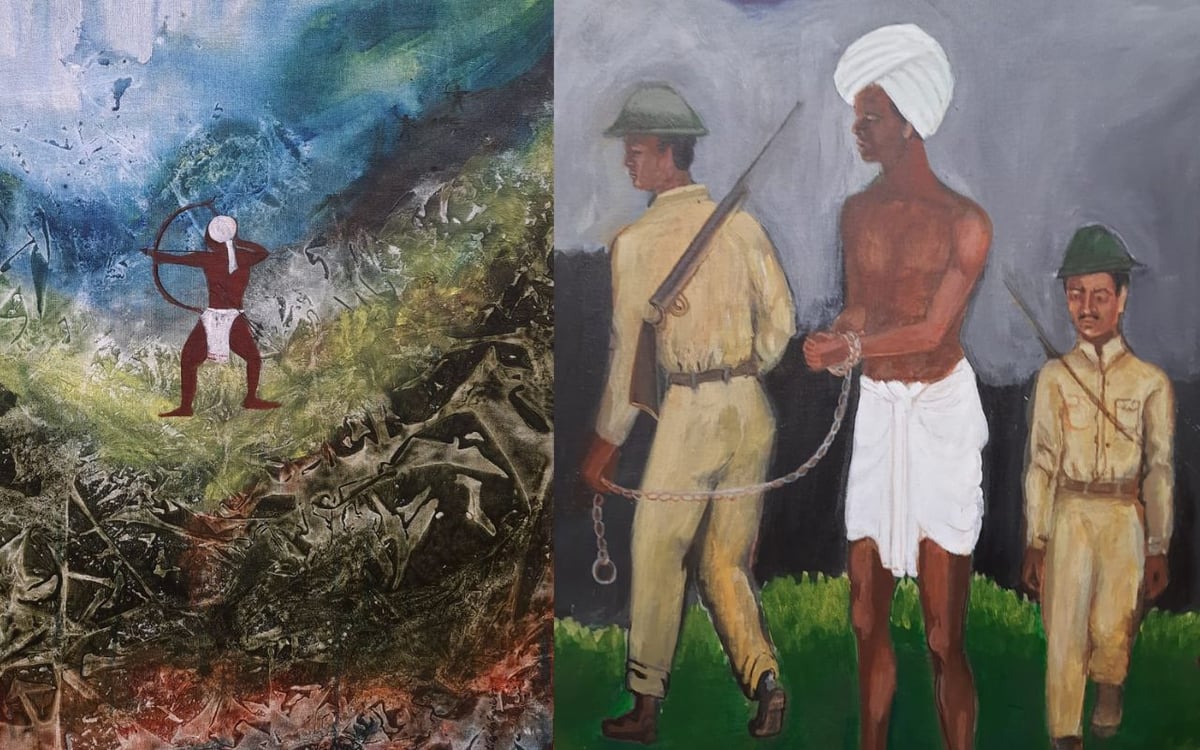
Birsa Munda was born on 15 November 1875 in Ulihatu in the Bengal Presidency, today in the Khunti district of Jharkhand, and according to Munda tradition, he was named on that date.

Birsa Munda grew up surrounded by Christian missionaries. Once his teacher suggested him to join the German Mission School, which forced Munda to convert to Christianity. His name after religious conversion Birsa David and then Birsa Dawood Kept.

Between 1886 and 1890, Birsa Munda spent much time in Chaibasa, which now lies in Jharkhand.

In Chaibasa between 1886 and 1890, Birsa Munda participated in anti-missionary and anti-authority activities and as he developed awareness of British atrocities ‘Ulgulan’ or ‘The Great Tumult’ Established a movement called.

In 1882, the British enacted the ‘Indian Forest Act’ and started evicting the tribals from the forest in exchange for land. To protest against this, in 1898, Birsa Munda had organized a huge public meeting of Mundas on Dombar Hills for an organized movement of the tribal society.
On 24 December 1899, Birsa Panthis started the famous Munda rebellion against the British and took up arms.

By January 5, 1900, the sparks of rebellion spread throughout the Munda region and the British army started suppressing the movement. On January 9, 1900, the British army surrounded him on Dombar Hill and a fierce battle started, but how much resistance could the bow and arrow provide in front of the ammunition and in the end, while fighting bravely, a large number of Birsa Munda’s companions were martyred. .

It was due to the struggles of Birsa Munda that the Chhota Nagpur Tenancy Act, 1908 (CNT) came into force in the Jharkhand region, which remains intact even today. This Act prohibits the transfer of tribal land to non-tribals and at the same time protects the fundamental rights of the tribals.

He was caught by the British police on March 3, 1900 and died in Ranchi on June 9 of the same year. At that time he was only 25 years old. The life and legacy of the young tribal revolutionary is still remembered today, especially in the tribal areas of Bihar, Jharkhand and even parts of Karnataka and Odisha.

in Jharkhand Birsa Munda Airport RanchiBirsa Institute of Technology Sindri, Birsa Munda Tribal University, Birsa Agricultural University, Birsa College Khunti, Birsa Munda Athletics Stadium and even Birsa Munda Central Jail are all named after him.

